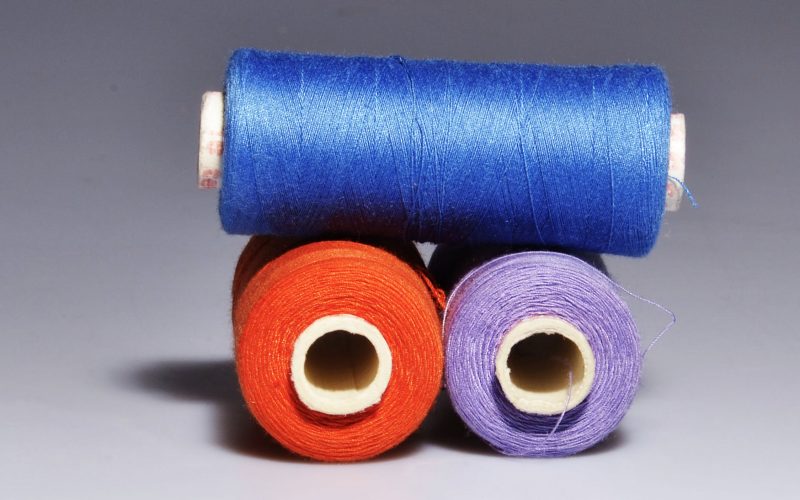Episode 10. Testing, Testing, 1.2.3! (All about Unit Testing, And Dependency Injection)
For those Unit Testers out there (and those who want to do more unit tests), this podcast is for you! We cover JUnit in general, and explain how to shoe-in unit tests in current (and legacy code). We talked about Dependency Injection (and the Concern of Creation), and Mocking (what it is, and how is it used). In all, if you ever wondered why creating unit tests in your current code is hard, or why are people talking about Dependency Injection (DI), come in, and listen!
Questions, feedback or comments!comments@javapubhouse.com
Subscribe to our podcast! (http://javapubhouse.libsyn.com/rss)
ITunes link (http://itunes.apple.com/us/podcast/java-pub-house/id467641329)
Java 7 Recipes book! (http://www.amazon.com/Java-7-Recipes-Problem-Solution-Approach/dp/1430240563)











Recent Comments